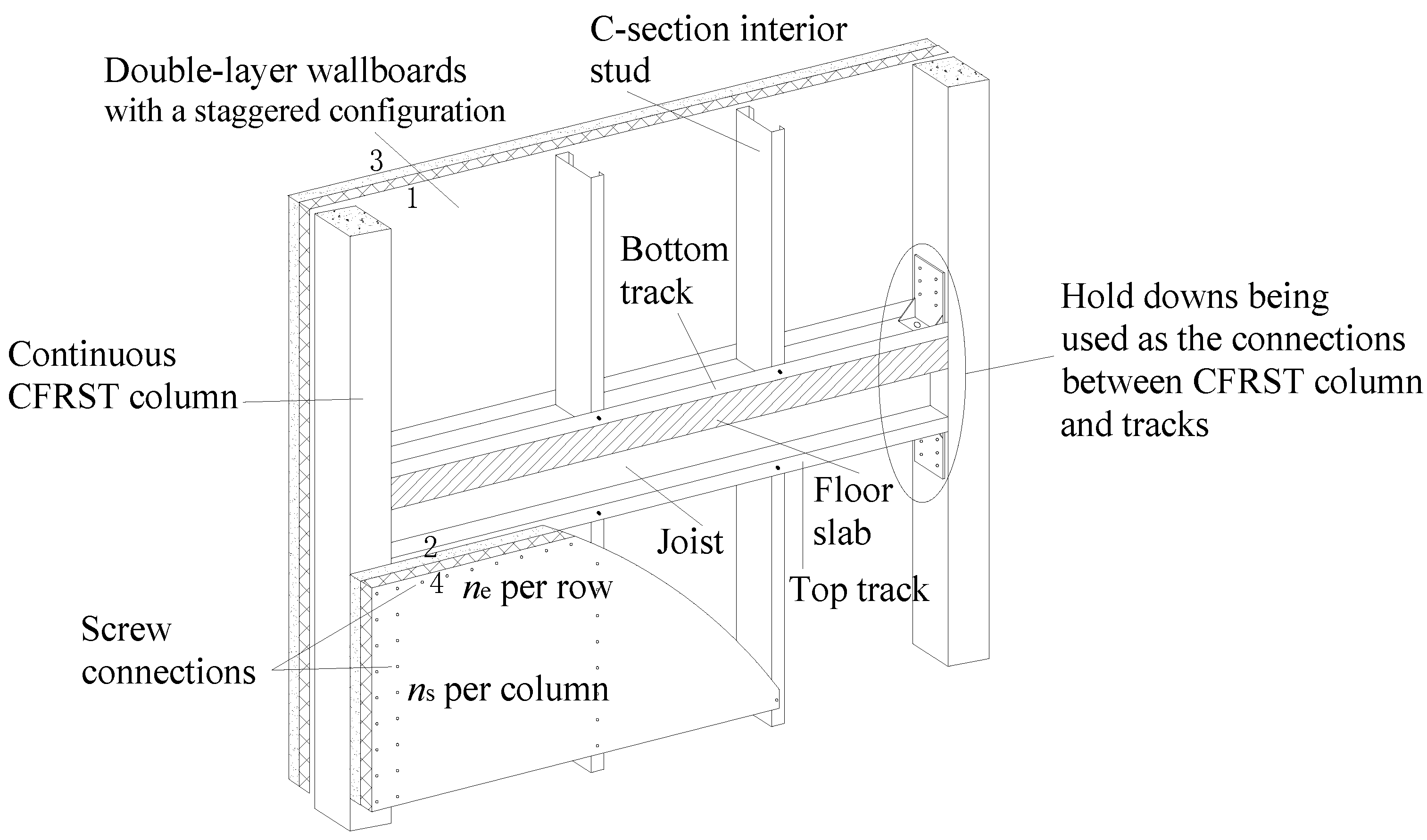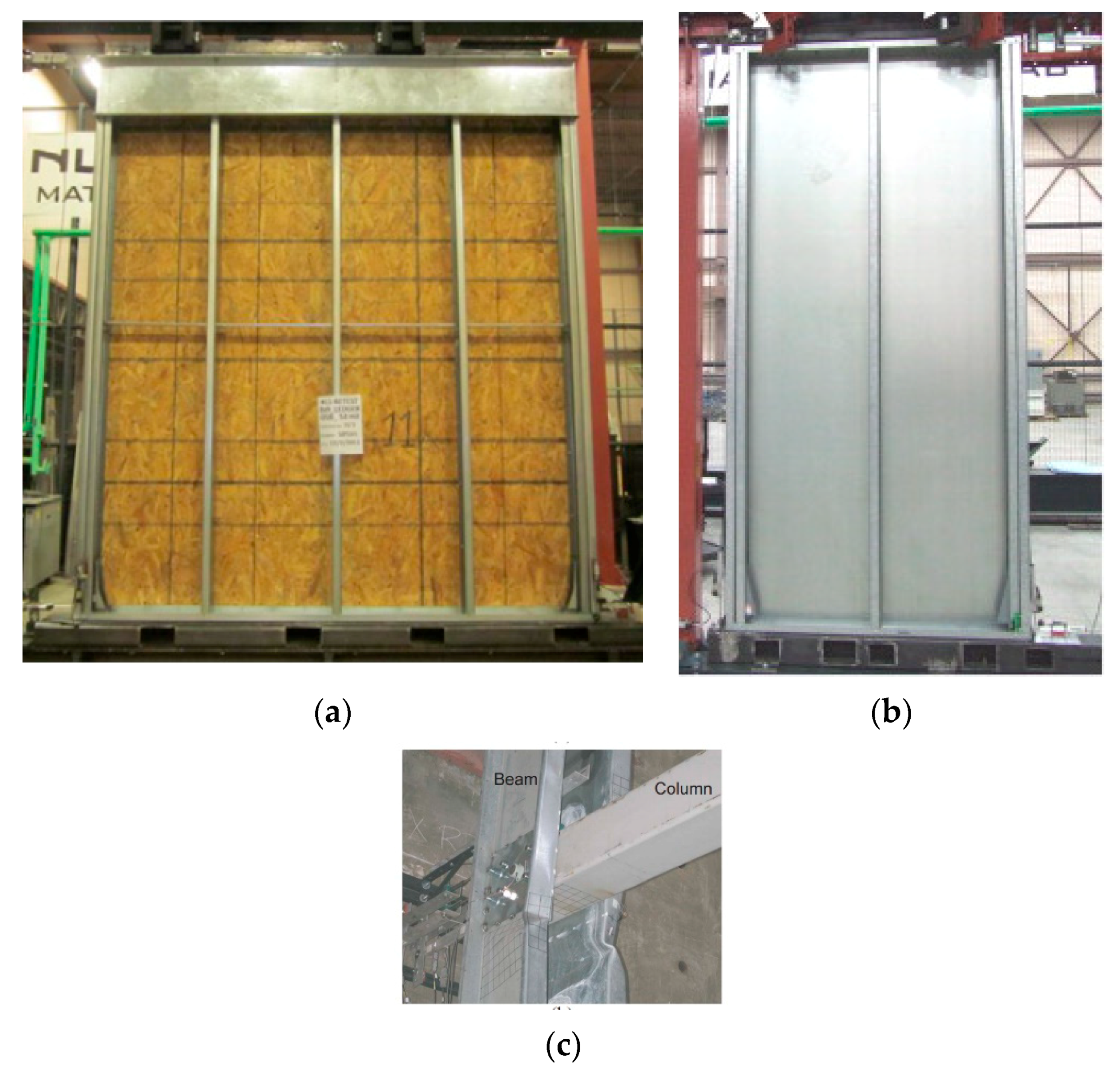

With adjustable frames, the tensioner assembly on the bracing can usually be adjusted to accommodate these irregularities. In the case of rigid frames, minor irregularities in flooring are accommodated by packing. Some of the important elements of steel frame design are contained in the following information.įrames are either in rigid or adjustable form.
#COLD FORMED STEEL FRAMING INTO BRICK WALL MANUAL#
Accordingly, the design of these systems must be in accordance with the appropriate acceptable construction manual in 3.4.2.0. Due to this diversity, there are no generic examples of acceptable construction practice for steel wall and roof framing. Each of these systems have unique design and installation requirements. There are many different types of steel framing systems available. The use of kiln or appropriately dried timbers is recommended where contact between the metallic coated steel component and timber is considered. Metallic coated steel should not come into contact with green wood containing acidic material or CCA treated timbers unless an impervious non-conductive material is located between the dissimilar elements.
.jpg)
Channels to steel framing should be cleaned of mortar droppings.

The adoption of appropriate brick cleaning measures will ensure no damage of any metal or metallic coated components, this would include the shielding of these components during the acid cleaning process. Where hole cutting or cutting of members is required, cutting methods that clearly shear or leave clean edges are preferred over those that leave burred edges or swarf. Areas not within the building envelope include floor framing members where there is no continuous perimeter subfloor walling or verandah roof framing members with no ceiling lining.Ĭut edges on framing components do not constitute a corrosion problem, as the surface area of the metallic coating on either side of the cut edge is far greater than the surface area of the cut edge itself. Examples of such locations are frames which are clad or lined on both sides or frames in masonry veneer construction. The steel frame requirements of this Part should be considered in conjunction with steel frame design and construction advice from the manufacturer.įor the purpose of 3.4.2.2, the building envelope is deemed to be a space in the building where the steel frame does not have direct contact with the external atmosphere, other than for normal ventilation purposes.


 0 kommentar(er)
0 kommentar(er)
